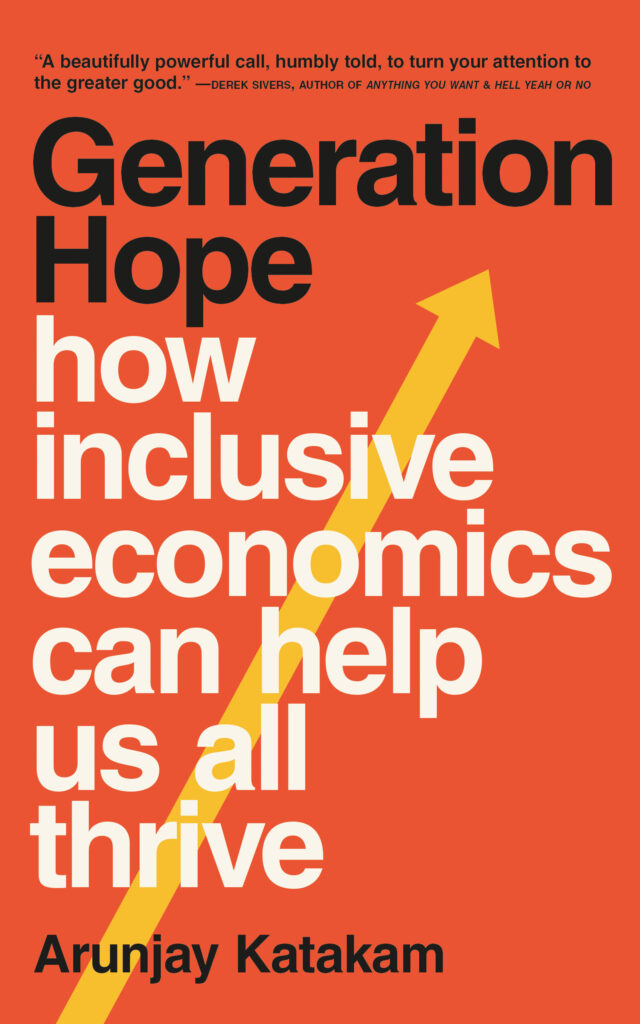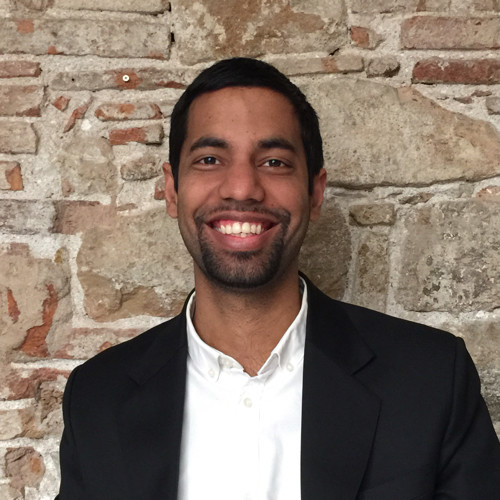Whole-society problems require whole-society solutions. Never has this been more the case than in today’s world, where the most important challenges facing business and society are problems that no single organization, sector, nation, or global region can solve by acting alone. Low consciousness leads us to believe that only what affects us personally matters, but as long as there are billions of individual people just trying to survive, the whole of humanity will fail to thrive.
Make no mistake: a part will always find their own way, as has been the case for centuries, even if that is a way off the planet. But the beauty of our need to cooperate when competition fails is that, when we raise our consciousness, we can’t help but spread it.
This book is an attempt to raise your consciousness, perhaps not to scold you as my cousin scolded me, but to leave you hopeful, energized, and excited. First through awareness, then your connection to it, and finally by empowering and encouraging you to act.
This is why I see us as Generation Hope: as jaded as millennials and younger generations have a reputation for being, it’s because we are more conscious of what needs to change. Indeed, hope stems from the actions we take as our awareness grows—which opens up a potential path toward an economic and societal future that we can shape.
This alternative, often referred to as the third way, suggests that we can make transformative changes by starting with ourselves and then expanding our impact to the broader community. It involves shifting our mindset from one of scarcity to abundance, embracing inclusivity, and fostering a sense of interconnectedness.
The responsibility for making these changes rests upon our generation. By acknowledging that change begins within ourselves and that our collective efforts can shape a new narrative for our economic and social systems, and by adopting a mindset of abundance, raising our consciousness, fostering community, and advocating for inclusive economics, we have the potential to create meaningful impact and contribute to a more positive and sustainable world.
Change is never easy; however, as we embark on this journey of transformation, the process itself brings about immediate benefits. As each of us takes steps to evolve, we experience personal growth, increased happiness, and a sense of thriving in the present moment. This underscores the idea that positive change is not solely a distant goal but a rewarding and fulfilling process that positively impacts our lives here and now.
You may not yet feel this hope, and you may not agree with everything I say in the coming pages, but we don’t need to agree on every little detail in order to take better actions. The idea that we are all alone unless we’re with someone just like us is just another unconscious story that drives us to unhelpful places, leaving us all feeling polarized and powerless.
Similarly, our current economic system is a story we tell ourselves about our relationships to money, abundance, and each other. It was not written from start to finish before being handed down to us—it is simply a collection of decisions made over time, which means every decision we make reinforces or reinvents it on some level.
Our generation loves the story of the underdog—the YouTube gamer who became a millionaire, the Instagram influencer who partnered with a huge brand that changed her life. But those are the dreams of a dying system. If we can influence the stories we tell ourselves first, as individuals and as societies, we have the ability to unlock a huge latent reservoir of potential. We can build a new system—a new world—from new levels of consciousness. We can create the kind of future that Buckminster Fuller dreamed about, rather than the one that gives the our generation nightmares.
Ultimately, writing this book has only reinforced my hope that we have more than dreams at our fingertips. Change is happening right now. Over the coming chapters, I’ll share stories that will give you hope and inspire you to take action. But first, we need to find out how we got here. Buckle up, we’re heading for a crisis.



